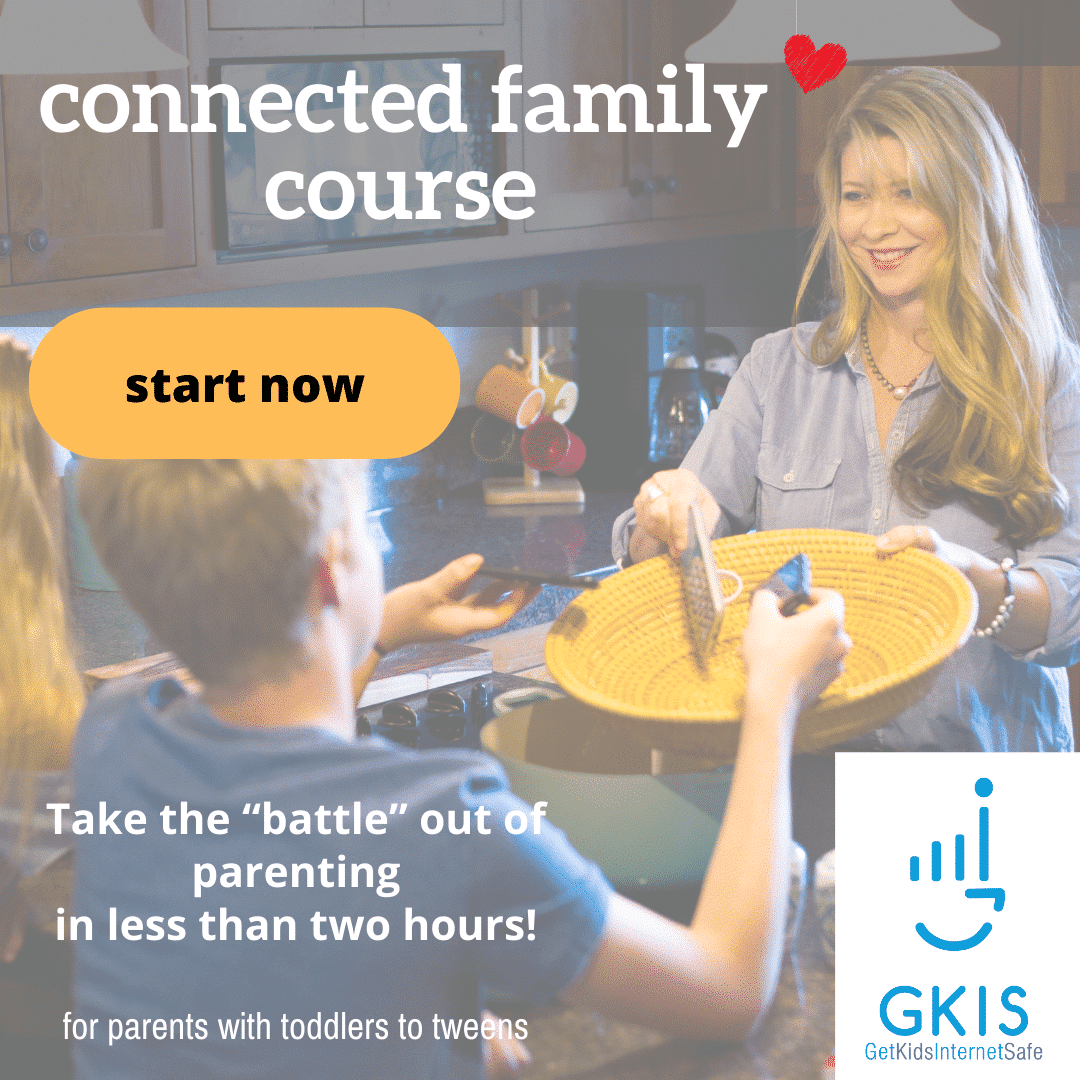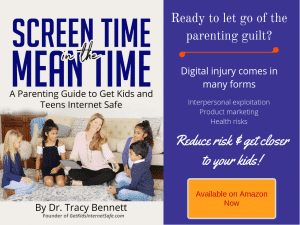
In 2019, Apple and Google unveiled their “time well spent” features that allow us to track our time online. After all, 28% of Americans report they are on-screen “almost constantly.” Something needed to be done. But has tracking our screen time really changed our habits? We’ve outsourced so much to our screens it’s almost impossible to stay off of them. We are truly cyborgs. We do it because the benefits outweigh the risks. Even if we are unwilling to stay off screens entirely, most of us agree that taking breaks helps us rejuvenate and create more meaning in our lives. Here are some tips for making that happen!
According to the same-named book, The Top 5 Regrets of the Dying are:
I wish I’d dared to live a life true to myself, not the life others expected of me. (Psychologists call these the “shoulds.”)
I wish I hadn’t worked so hard.
I wish I’d had expressed my feelings more.
I wish I had stayed in touch with my friends.
I wish that I had let myself be happier.
Are you reflecting? Is your time best spent in the care of yourself and those you love? For me, staying true to myself means being in service to others. Being a parent, friend, and psychologist nurtures who I am and provides opportunities for expression. To provide optimum resources for these nurturing activities, I must regularly sort out the unnecessary tasks that burn too much brain fuel. That means less screen time.
In service of rescuing more meaningful moments, here are the GKIS 6 effective ways to cleanse your digital palette.
Trim the digital fat.
Those of us who love our screen time must implement a balanced life diet by consistently purging the digital desserts that bloat us with empty calories. Those social media friends who annoy you? The pesky subscription emails you never read? The apps with unnecessary little red terrorist notifications? DELETE THEM. Only preserve the digital notifications that have a worthwhile purpose. Your precious brain fuel depends on it.
Set healthy screen boundaries.
Carve out blackout times and situations where screen media is not allowed, for kids and parents. Brains need rest. Agree to no screens in bedrooms, behind closed doors, or at mealtime. Triggering a data chase when your time is better spent resting or engaging with those you love can add up to lost precious opportunities. And for kids, unsupervised screen use increases risk dramatically. For a quick, affordable blueprint about how to stage healthy screen use, check out my GKIS Screen Safety Toolkit.
Recognize that multitasking is a myth.
We must face it. Our brains are built for only one task at a time. Toggling between tasks that require the same brain resources takes longer and burns oxygenated glucose, the very brain energy you need to be productive. Block schedule and do one task at a time rather than trying to juggle several and doing them all poorly. And don’t trust yourself if you think you multitask awesomely. People can’t accurately assess response costs.
Get your eyes off your screen and onto your people.
It may be fun to gobble up free screen media activity, but you will hate yourself for missing out on precious moments with friends and family. And those servers and colleagues that help you out every day? They’re people too. A witty interaction here and there fuels your happy center. Make sure you snack on random acts of friendliness often in the non-digital world. Your emotional fitness requires it.
 Stop with the picture-taking and make mad passionate love with mindfulness.
Stop with the picture-taking and make mad passionate love with mindfulness.
The psychological research is exploding with impressive results about the restorative qualities of mindfulness, imagery, and meditation. It’s irrefutable evidence that being fully engaged and emotionally present is as essential as broccoli and filtered water. Make it happen and often. That means less social media, less guilt.
Bone up on rejuvenating self-soothing.
To keep your inner productive beast in line, you must hire a mental-emotional security detail. Your most effective soldiers are diaphragmatic breathing, cognitive restructuring (changing your stinking thinking into happy celebratory thinking), and yoga. Not only do these techniques calm your heart and mind, but they are also great for the body. Family, friends, community, and faith also nourish your spirit.
As you squeeze out the precious remaining moments of summer, may your digital piles disappear and your smiles replenish!
I’m the mom psychologist who will help you GetYourKidsInternetSafe.
Onward to More Awesome Parenting,
Tracy S. Bennett, Ph.D.
Mom, Clinical Psychologist, CSUCI Adjunct Faculty
GetKidsInternetSafe.com
*I made up the term “Persistent Person Disorder,” because I’m creative like that.
Photo credit
12322 Unread Emails by Frank Gruber CC by-NC-ND 2.0
Don't worry, we will never spam you.



 Stop with the picture-taking and make mad passionate love with mindfulness.
Stop with the picture-taking and make mad passionate love with mindfulness.









